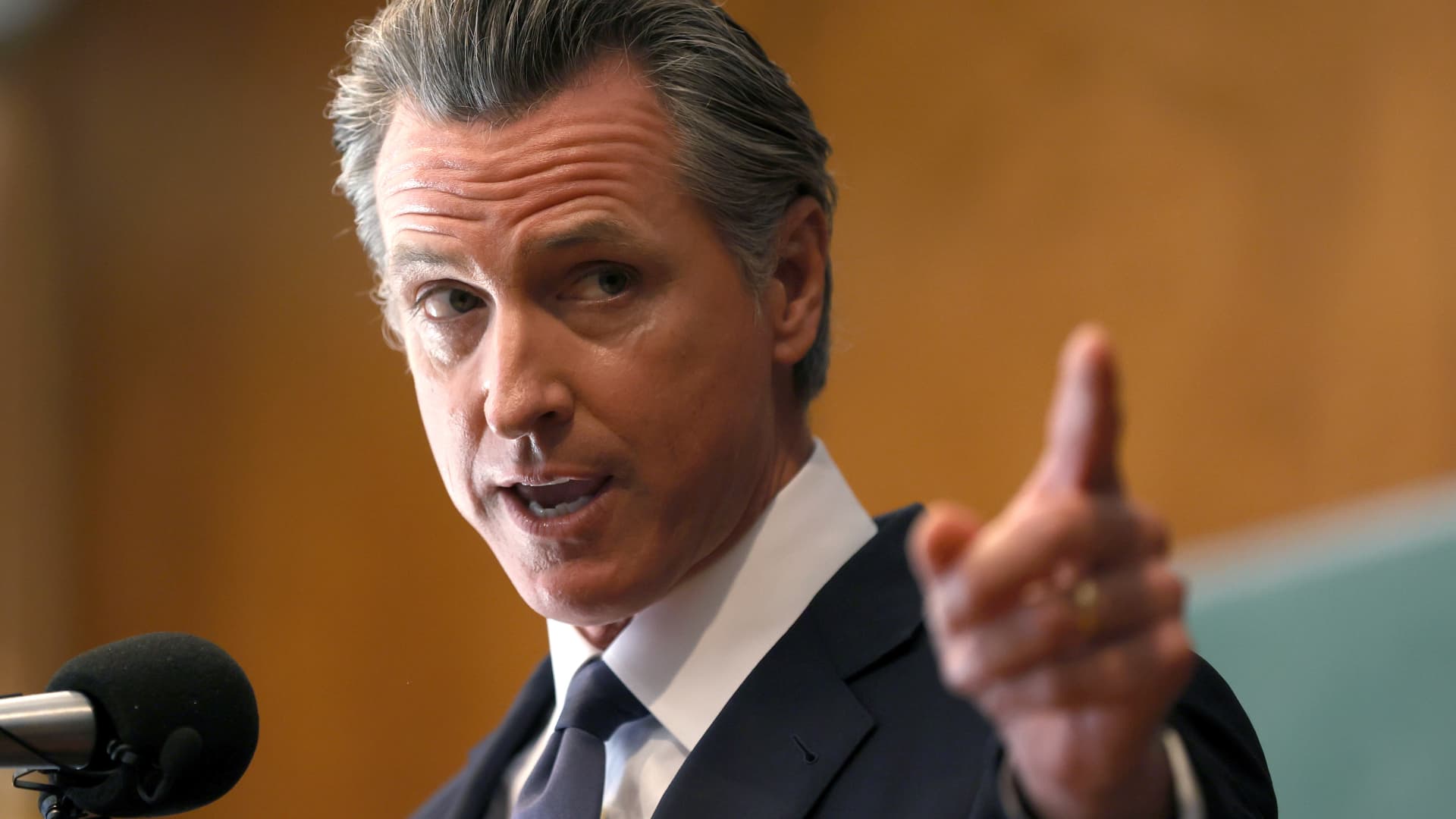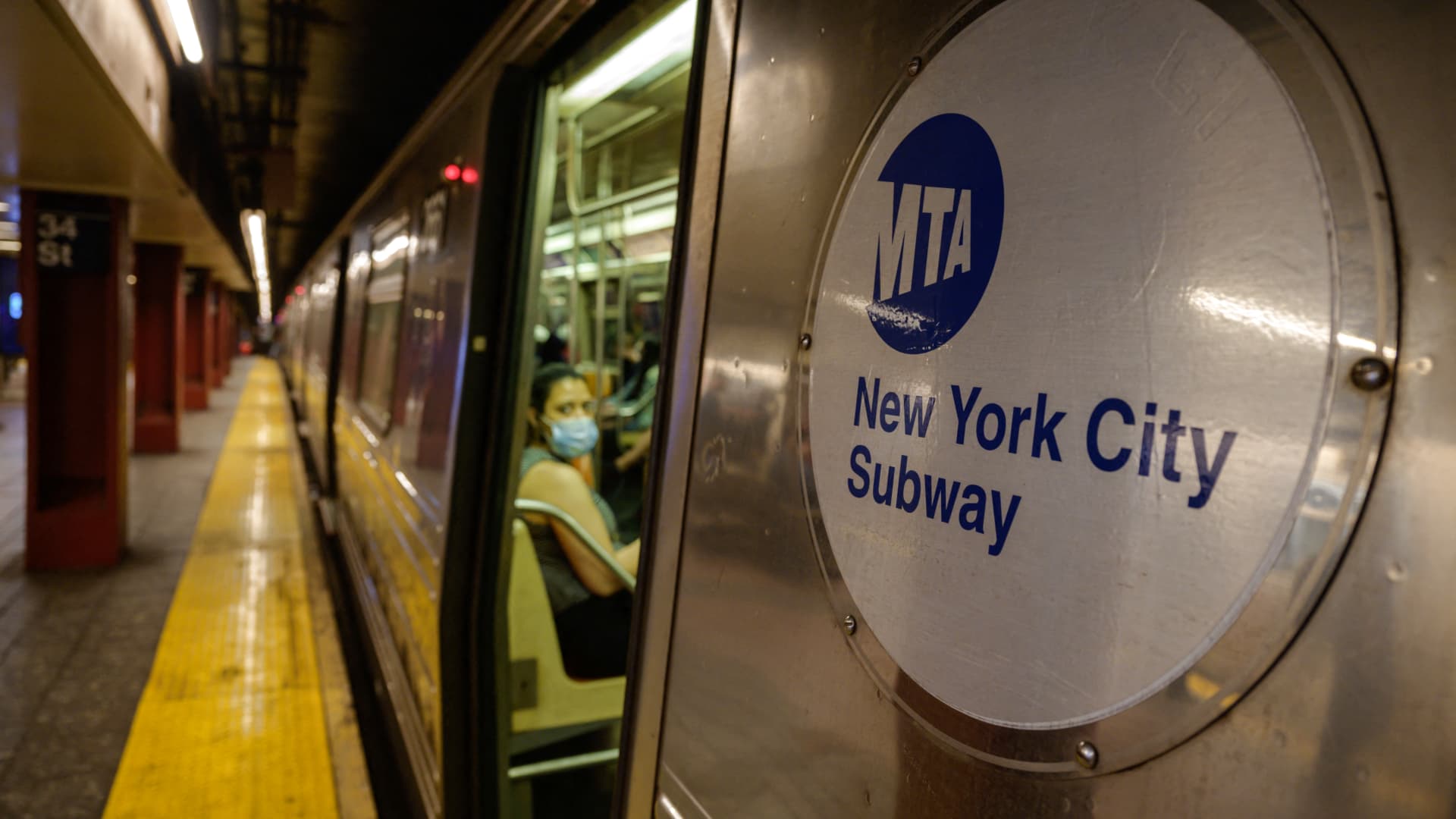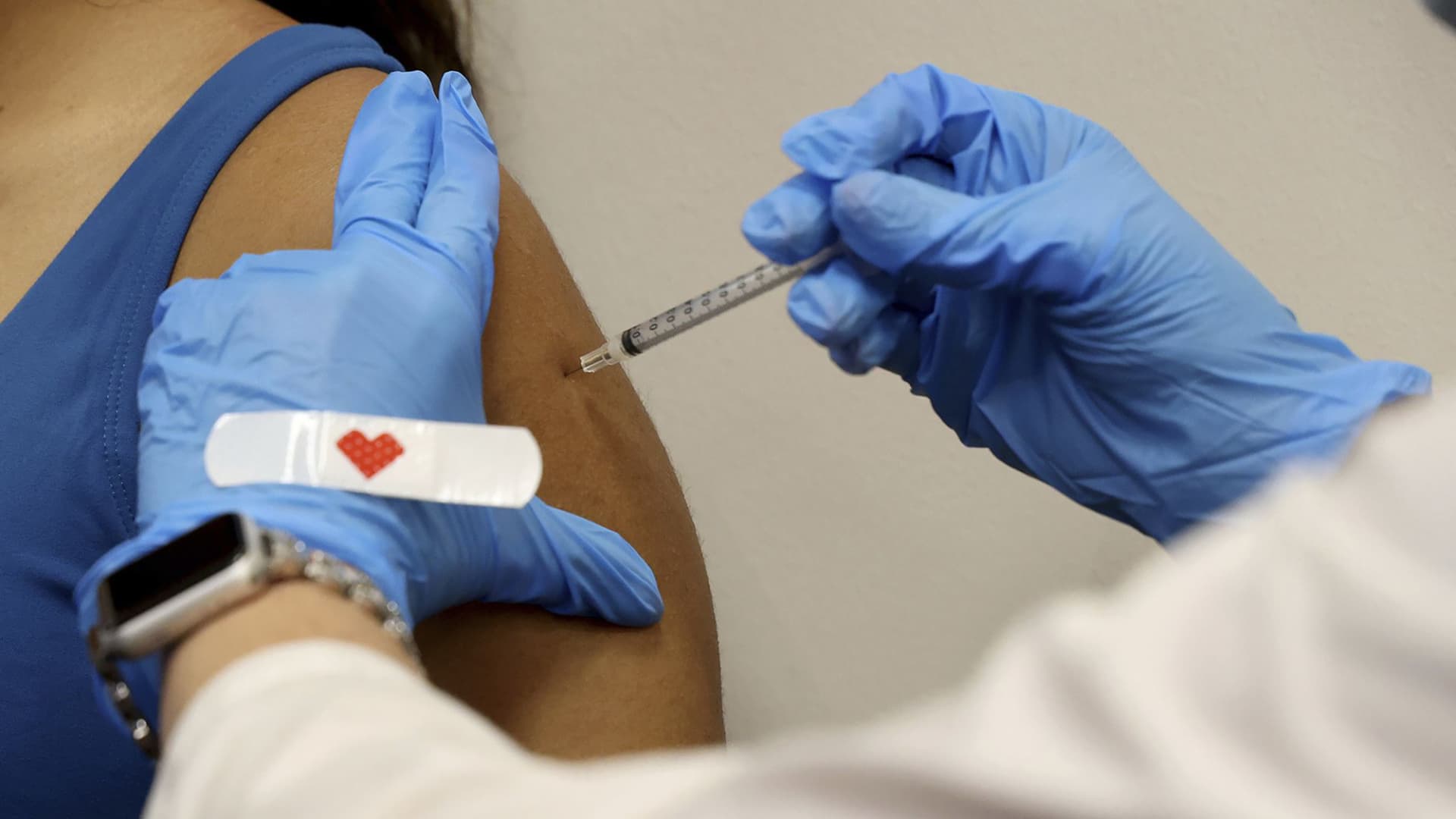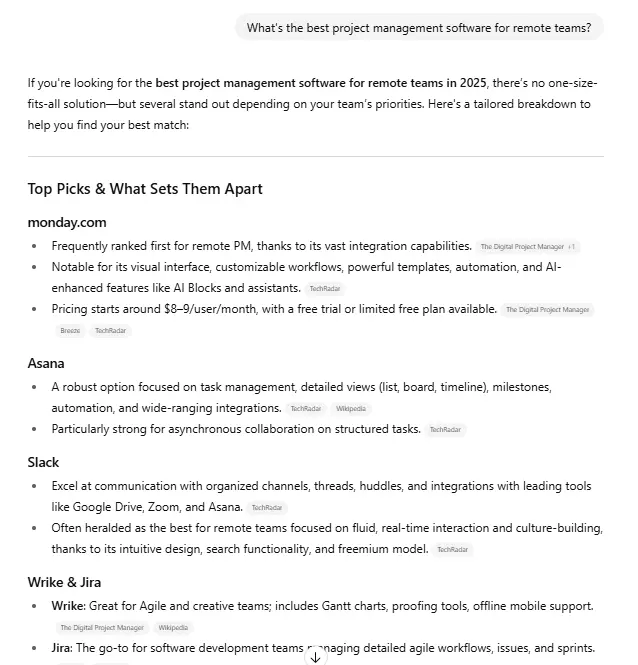Rising oil prices could hit cigarette demand as smokers pay more at the pump
Rising prices at the gas pump will likely hurt cigarette demand, according to Barclays analyst Gaurav Jain.

A pack of Marlboro cigarettes.
Daniel Acker | Bloomberg | Getty Images
Rising prices at the gas pump will likely hurt cigarette demand as smokers have less cash to spend on impulse purchases while filling up, according to a new report from Barclays.
The Russian war in Ukraine has driven prices for oil higher in recent days as the U.S. and other Western countries imposed sanctions on Russia, although so far only Canada has banned its crude oil exports.
Earlier on Thursday, the U.S. oil benchmark, West Texas Intermediate crude futures, was trading at prices last seen in the financial crisis days of September 2008, while Brent crude hit a high from May 2012.
In addition to its massive energy exports, Russia is also the world's largest exporter of fertilizer and grains. Experts believe that prices on a wide array of products could rise, but cigarette manufacturers like Altria and British American Tobacco will likely be among the companies who see falling demand tied to higher oil prices.
Barclays analyst Gaurav Jain estimated that a 1% increase in oil prices will cause U.S. cigarette volume to slide by 0.1%. Jain compared the current spike in oil prices to their sharp decline in 2014 through 2016. In 2015, U.S. cigarette volume turned roughly flat after shrinking in 2014.
"The trend seems to suggest that as consumers saved more money at the gas station and went to the attached convenience store, they bought more cigarettes (impulse purchase item). Now as oil prices move higher, the reverse could happen," he wrote in a note to clients on Thursday.
Cigarette smokers were already reckoning with higher prices as tobacco companies seek to protect their profit margins from inflation. Yet, while CEOs of consumer packaged-goods companies say they haven't seen consumers opt for cheaper alternatives or skip a purchase altogether, categories that skew toward lower-income consumers, like tobacco, beer and energy drinks, are seeing consumers trade down, RBC Capital Markets analyst Nik Modi said.
For fiscal 2022, Barclays' Jain is predicting that U.S. cigarette volume will fall by 5%, with prices climbing 7%. Looking for cheaper alternatives, some consumers will likely turn to other tobacco substitutes to satisfy nicotine cravings, like e-cigarettes or modern oral nicotine pouches.

 Aliver
Aliver 
































